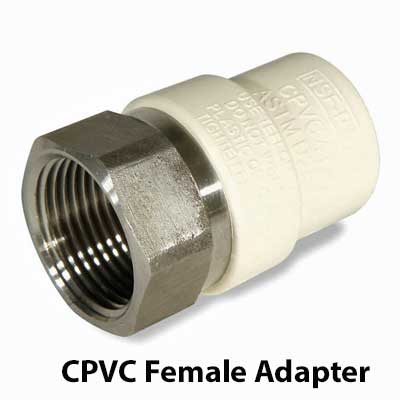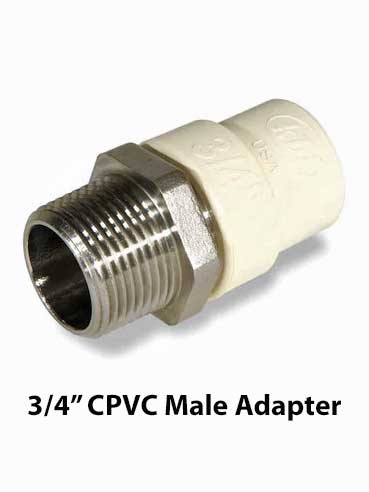For a compression joint, the design is for the ferrule to seal to the pipe and to the beveled edge of the fitting. As such, the threads are not part of the seal, and pipe dope on the threads just seems like a bad idea. The drop of oil on the threads is to reduce friction, allowing you to more easily compress the ferrule on the pipe. You could try using pipe dope as a lubricant, but the oil is better.
As to pipe dope on the ferrule, it shouldn't be necessary. The ferrule should be able to seal to the pipe and the fitting on its own. If the ferrule or fitting bevel is a little damaged, pipe dope on it could be a temporary solution to allow you to get it to seal, but really you should replace parts as required to get a proper seal without dope.
At least, that's my understanding of the theory, and so I would say pipe dope is not desirable. Flared joints and ground joints are similar, although I've not heard of using oil on those threads.
Cheers, WayneI am not a plumber.




